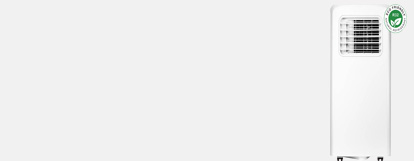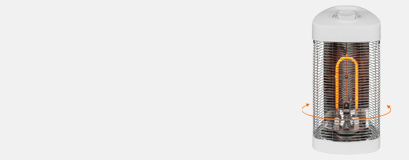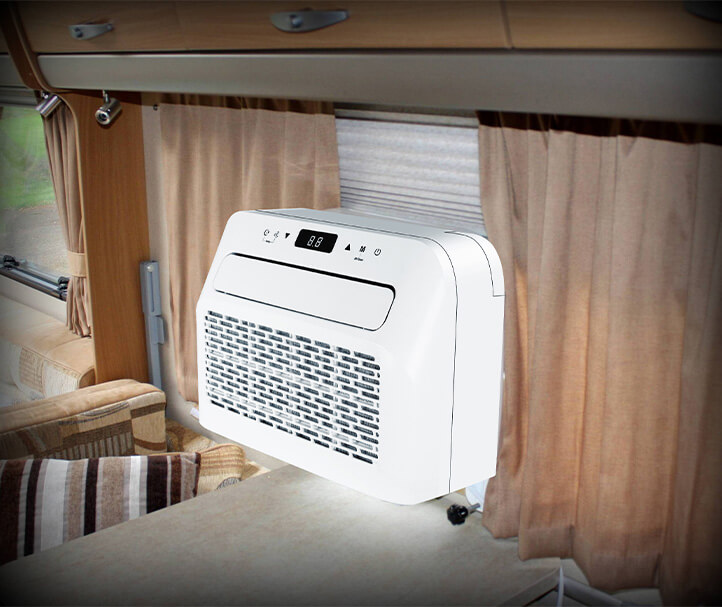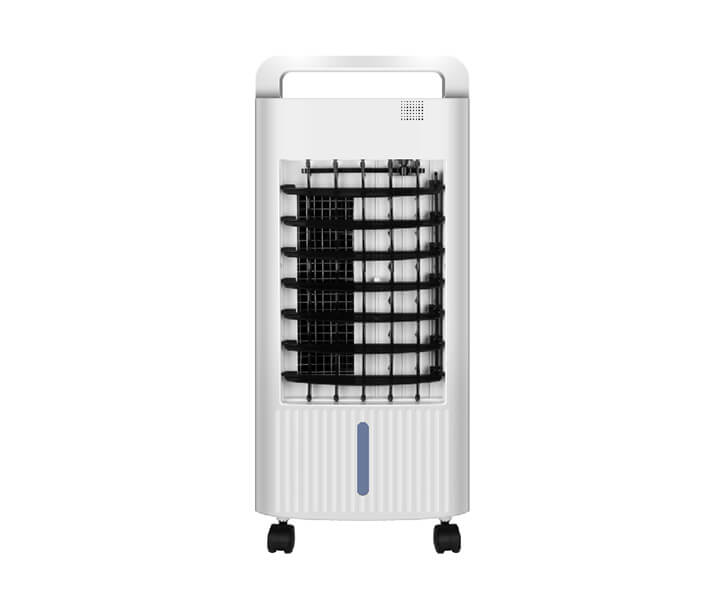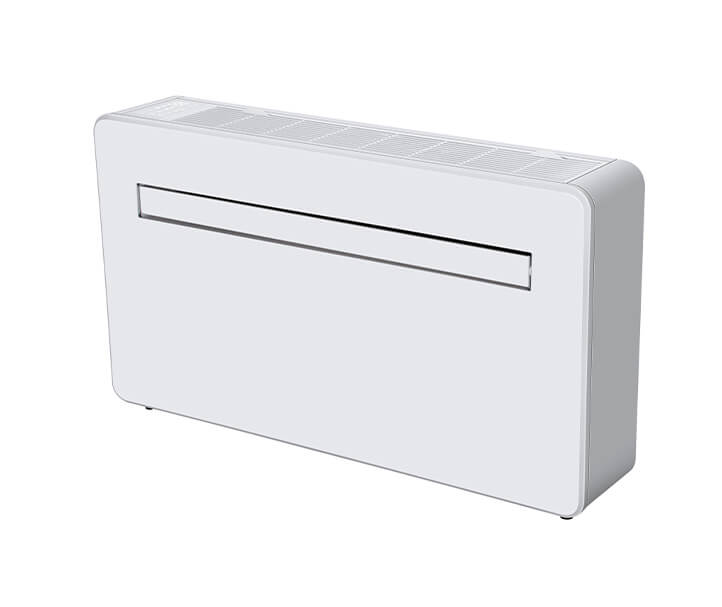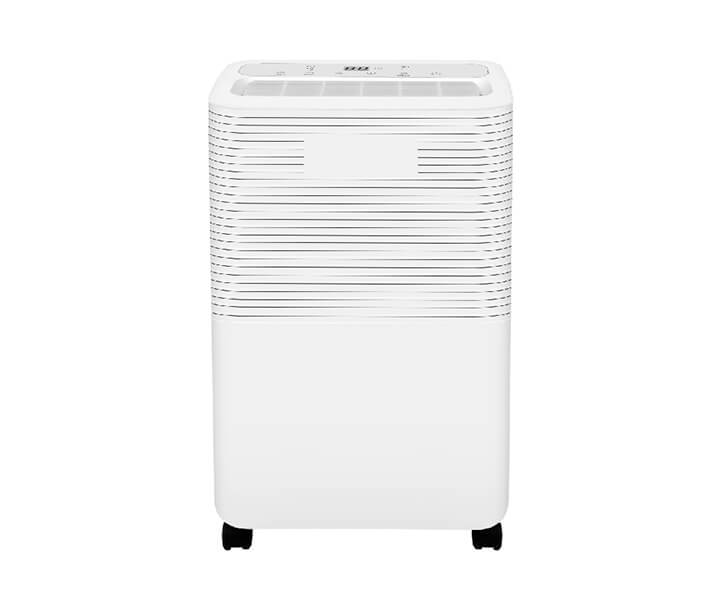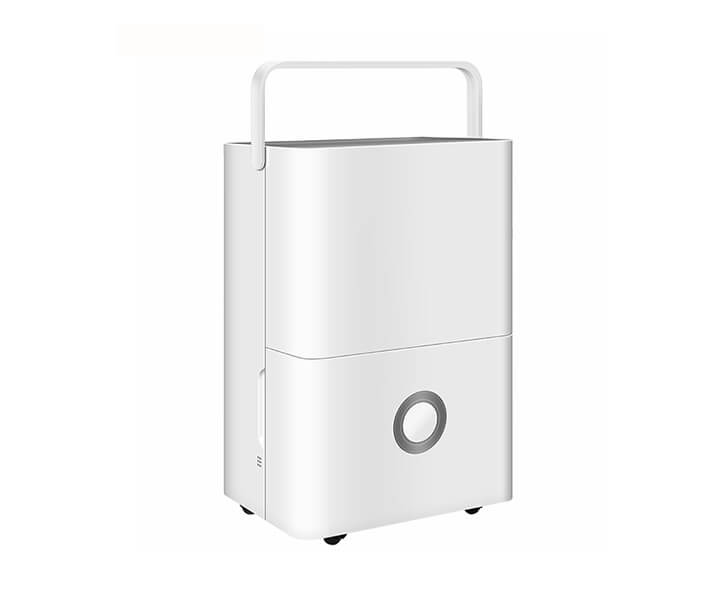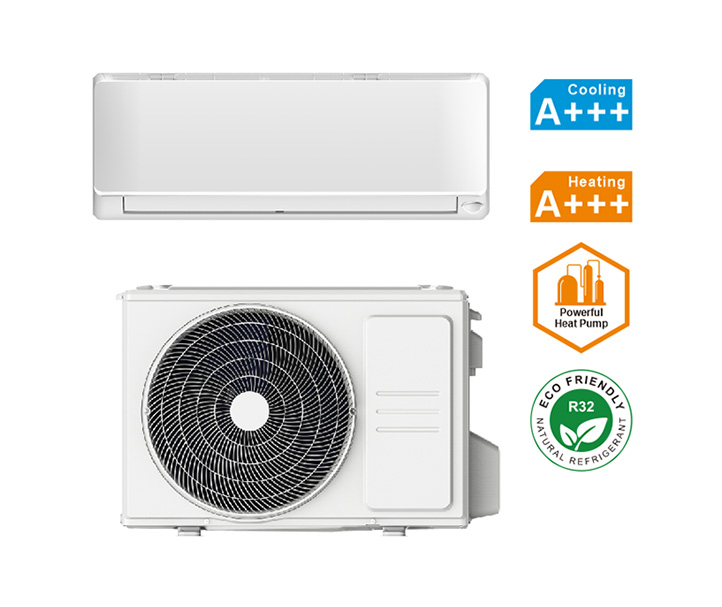
What factors affect the cooling effect of unitary air conditioners? how to improve?
2023-08-01 18:01:46
The Effect of Factors on Cooling Efficiency
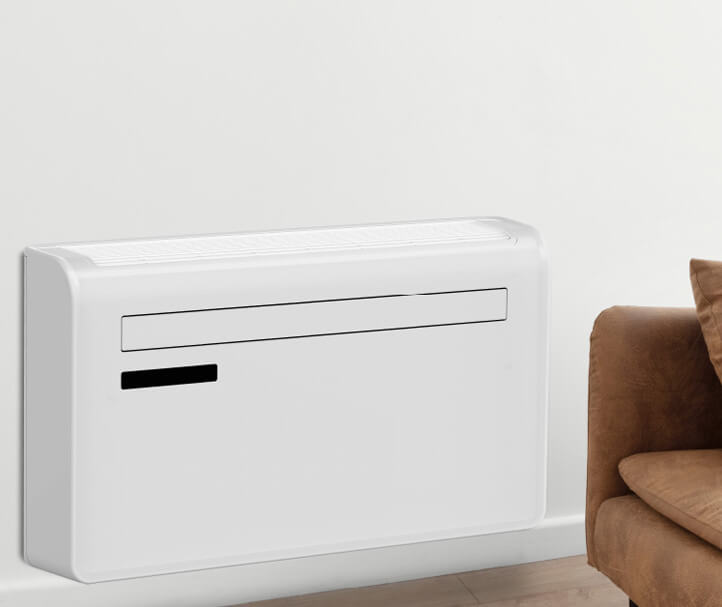
Unitary air conditioners play a crucial role in maintaining comfortable indoor temperatures during hot summers. However, the cooling effect may vary depending on several factors. Understanding these factors is essential to optimize the performance of air conditioning units and improve their cooling efficiency.
Ambient Temperature and Humidity
The ambient temperature and humidity significantly impact the cooling effect of unitary air conditioners. Higher temperatures and humidity levels exert more strain on the unit, making it harder to cool the space. In regions with high humidity, such as coastal areas, it becomes challenging for the air conditioner to remove moisture from the air, leading to decreased cooling efficiency.
Insulation and Building Envelope
The quality of insulation and the overall building envelope play a crucial role in the cooling effect of air conditioners. Poor insulation allows the outdoor heat to penetrate indoor spaces easily, forcing the unit to work harder to maintain a comfortable temperature. By improving the insulation and sealing any air leaks, the cooling efficiency can be significantly enhanced.
Size and Maintenance of Air Conditioner
The size of the air conditioner should be appropriate for the space it is intended to cool. An undersized unit will struggle to cool the area adequately, while an oversized unit may lead to inefficient operation and increased energy consumption. Regular maintenance is also essential to ensure the proper functioning of the unit, including cleaning or replacing filters, checking refrigerant levels, and inspecting the ductwork. Regular maintenance and appropriate sizing contribute to enhanced cooling efficiency.
Improving Cooling Efficiency
Use Programmable Thermostats
Installing programmable thermostats enables better control over the cooling process and enhances energy efficiency. By scheduling temperature adjustments based on occupancy and outside conditions, the cooling effect can be optimized while minimizing energy waste.
Utilize Energy-Saving Settings
Most modern unitary air conditioners have energy-saving settings that help improve cooling efficiency. These settings can include features like sleep mode, which adjusts temperatures during periods of low activity, and intelligent sensors that detect when the area is unoccupied.
Improve Indoor Air Circulation
Poor air circulation can hinder the cooling effect of air conditioners. Ensure that vents and registers are unobstructed, allowing for proper airflow. Additionally, using ceiling fans or portable fans can help distribute cool air more effectively, improving overall cooling efficiency.
Conclusion
Several factors influence the cooling effect of unitary air conditioners, including ambient temperature, humidity, insulation, building envelope, and proper unit maintenance. By considering these factors and implementing measures such as using programmable thermostats, energy-saving settings, and improving indoor air circulation, the cooling efficiency of air conditioners can be significantly improved. Optimizing cooling efficiency not only enhances comfort but also reduces energy consumption and promotes sustainable living.
Get the latest price? We'll respond as soon as possible(within 12 hours)

